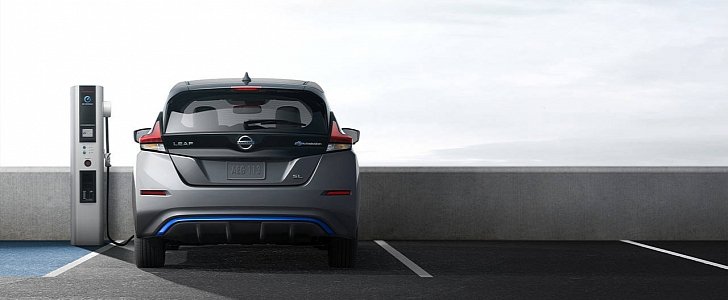Range anxiety is often cited by all those involved in the automotive industry as one of the main reasons why electric vehicles, although increasingly successful, still haven’t managed to become mainstream, a decade or so after they were launched.
New research conducted by specialized website DrivingElectric shows that although considered important, this excuse to keep buying ICE cars is largely unfounded.
After punching in the data submitted by around 500 drivers in the UK – the number is tiny, for sure, when it comes to a topic so important – the source says it found that usually the drivers’ weekly travel needs, including travel for social, leisure, shopping, school runs and commuting, does not exceed the average range advertised by electric car manufacturers.
As per the data published, people usually travel a high weekly average of 265 miles (426 km), consisting of 70 miles work commute, 24 miles in school runs, 89 miles of social-bound traveling and 82 miles spent for shopping.
In essence, this means a full week of work and fun can be successfully resolved on only one battery charge with most EVs currently on the market.
The source concludes that people generally mistakenly calculate how much miles one has to travel each day to get things done.
"So while many people worry about being able to easily charge-up during a journey, the truth is that electric cars now need charging less frequently for normal use than many of us realize," said in a statement Vicky Parrott, associate editor of DrivingElectric.
There is, however, one thing the research does not take into account, and that this the existence - or absence - of charging stations.
As is, range anxiety means not only the fear of running out of power in the middle of a drive, but also not having any means to recharge if the need arises.
Expecting to travel more miles than are actually needed might also be considered psychological in nature, as humans do need to have some kind of buffer, a comfort zone to fall back to should things go south.
After all, when going to the movies how many of you leave home with the exact sum of money you know two tickets and two bags of popcorn cost?
After punching in the data submitted by around 500 drivers in the UK – the number is tiny, for sure, when it comes to a topic so important – the source says it found that usually the drivers’ weekly travel needs, including travel for social, leisure, shopping, school runs and commuting, does not exceed the average range advertised by electric car manufacturers.
As per the data published, people usually travel a high weekly average of 265 miles (426 km), consisting of 70 miles work commute, 24 miles in school runs, 89 miles of social-bound traveling and 82 miles spent for shopping.
In essence, this means a full week of work and fun can be successfully resolved on only one battery charge with most EVs currently on the market.
The source concludes that people generally mistakenly calculate how much miles one has to travel each day to get things done.
"So while many people worry about being able to easily charge-up during a journey, the truth is that electric cars now need charging less frequently for normal use than many of us realize," said in a statement Vicky Parrott, associate editor of DrivingElectric.
There is, however, one thing the research does not take into account, and that this the existence - or absence - of charging stations.
As is, range anxiety means not only the fear of running out of power in the middle of a drive, but also not having any means to recharge if the need arises.
Expecting to travel more miles than are actually needed might also be considered psychological in nature, as humans do need to have some kind of buffer, a comfort zone to fall back to should things go south.
After all, when going to the movies how many of you leave home with the exact sum of money you know two tickets and two bags of popcorn cost?

